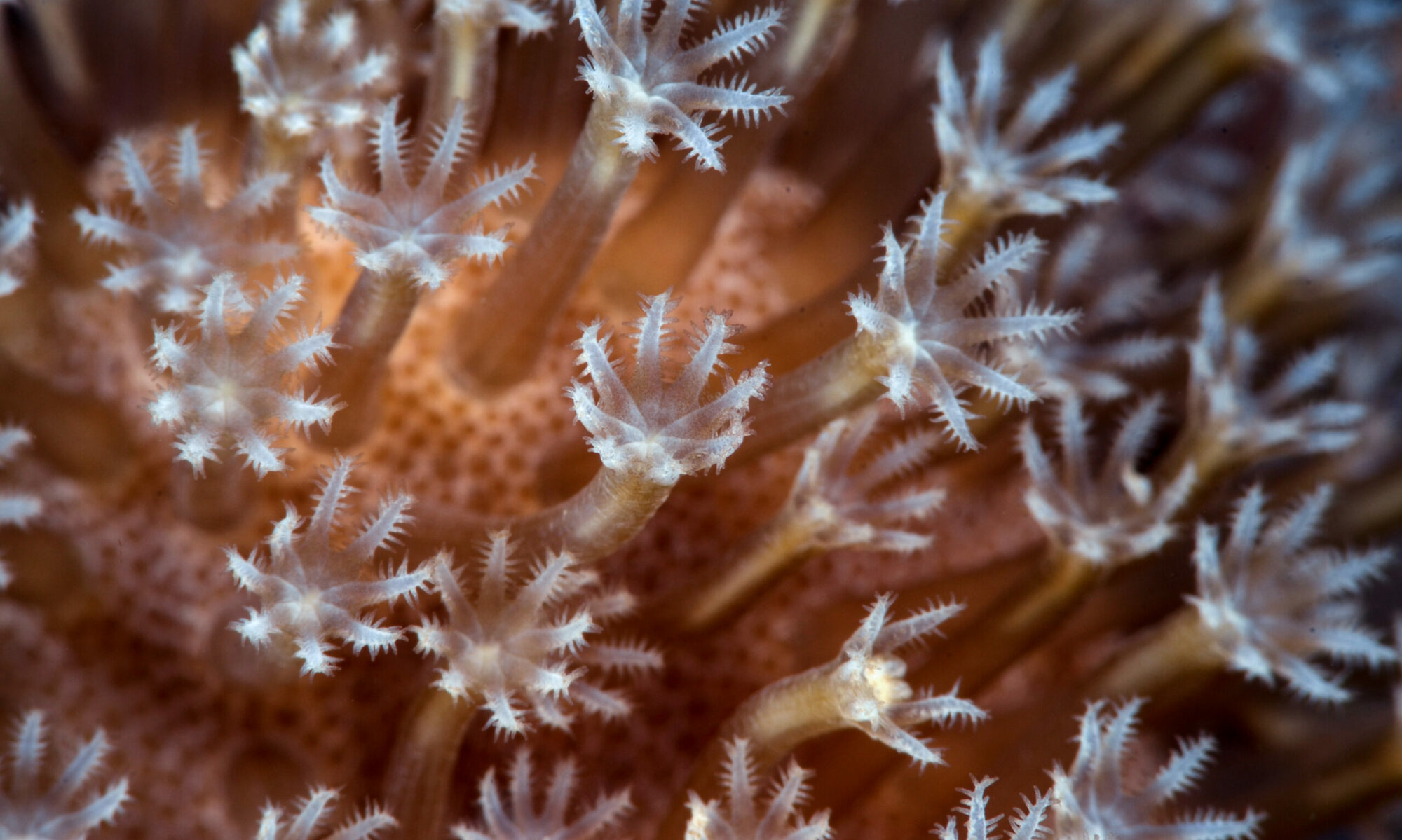

From undergraduate students to faculty members, researchers from the University of Guam NSF EPSCoR program showcased their recent and ongoing projects at the 16th University of Guam Conference on Island Sustainability (CIS2025).
Student Research Experience (SRE) Program
Four undergraduate student researchers revealed their projects under the 2025 EPSCoR SRE Program during the CIS2025 Community Night Poster Presentations. The EPSCoR SRE Program allows students to work with mentors who will guide them in gaining experience in research and encourage careers in STEM.
Among the posters on display was Na’pu Camacho’s project “Assessing Marine Fish-Biodiversity in Pago Bay Using Environmental DNA (eDNA) Analysis.” Under the tutelage of Bastian Bentlage, PhD, Camacho will be collecting water samples along different sites within Pago Bay at different tide levels. The water samples will then be filtered to extract environmental DNA (or eDNA) to observe the variety of fish species within the existing marine habitats.
Camacho believes that his research will be useful for numerous reasons including the ability to assess environmental changes within a marine system as well as helping develop the use of eDNA as a reliable method of evaluating fish biodiversity.
“I’d really love to discover a new species,” said Camacho about his ultimate research goal, “because then I can have it named after me.”
Here are the Guam EPSCoR SRE research posters presented at CIS2025 Community Night:
-
- “Assessing Marine Fish-Biodiversity in Pago Bay Using Environmental DNA (eDNA) Analysis” by Napu Camacho
- “Underexplored Sand Biofilm Habitats of Mastogloia in Guam” by Maya Flores
-
- “Guam’s Enigmatic Ghost Shrimp: Biodiversity and Taxonomy of Local Callianassidae” by Diego Ray Quiogue
-
- “Assessing Symbiont Responses to Heat Stress in Acropora pulchra” by Ale’a Duenas

EPSCoR researchers presented at CIS2025 breakout sessions
On Thursday, April 10, a breakout session with researchers under the EPSCoR GECCO program was held featuring Biorepository Assistant Professor on Vertebrate Morphology Michalis Mihalitsis, PhD, Graduate Research Assistant Andrew O’Neil and Graduate Research Assistant Diana Noto. During the session, the researchers presented findings and progress of recent and ongoing projects.
Mihalitsis’s presentation was on the feeding ecology of species of surgeonfish, during which he discussed the morphological adaptations of some species to feed on algae and shared video footage to demonstrate those adaptations.
O’Neil updated on his ongoing research studying the effects of turbidity and sedimentation on reef fish, in particular the twinspot damselfish. Among the objectives of his study include examining changes in gill structure and oxygen efficiency as a result of the sedimentation.
Finally, Noto presented progress on her thesis “Diversity of True Crab (Infraorder: Brachyura) Inhabitants Across Algal Hosts.” Noto has been collecting macroalgae across reef habitats on Guam to observe the species of true crabs that can be found within them. She intends for her research to fill an existing knowledge gap since despite macroalgae’s significance within marine ecosystems, there are few studies on it within the tropical Pacific region.
“Macroalgae is generally an under-explored habitat for biodiversity,” Noto stated during her presentation. “There’s more research that has been done on temperate ecosystems. However, only two studies have occurred in tropical ecosystems, which is likely due to the fact that a lot of our focus here tends to be on the coral we have and less on the algae, but we’re trying to work on that with this.”
Research and projects under the Guam NSF EPSCoR GECCO Project are meant to promote understanding of the Micronesian region’s biodiversity and identify solutions that promote the sustainability of coral reefs in rapidly changing environments across the tropical Pacific.






































